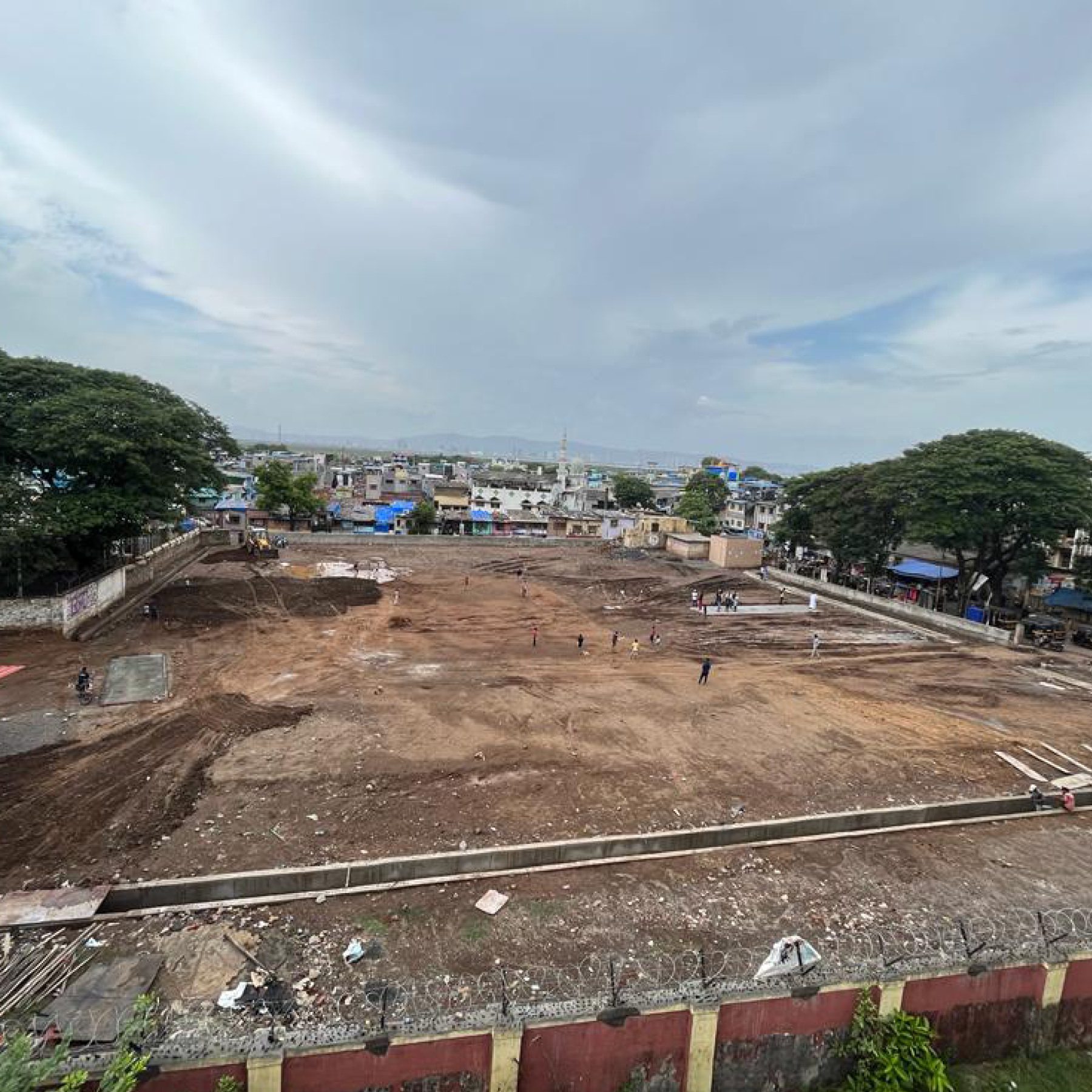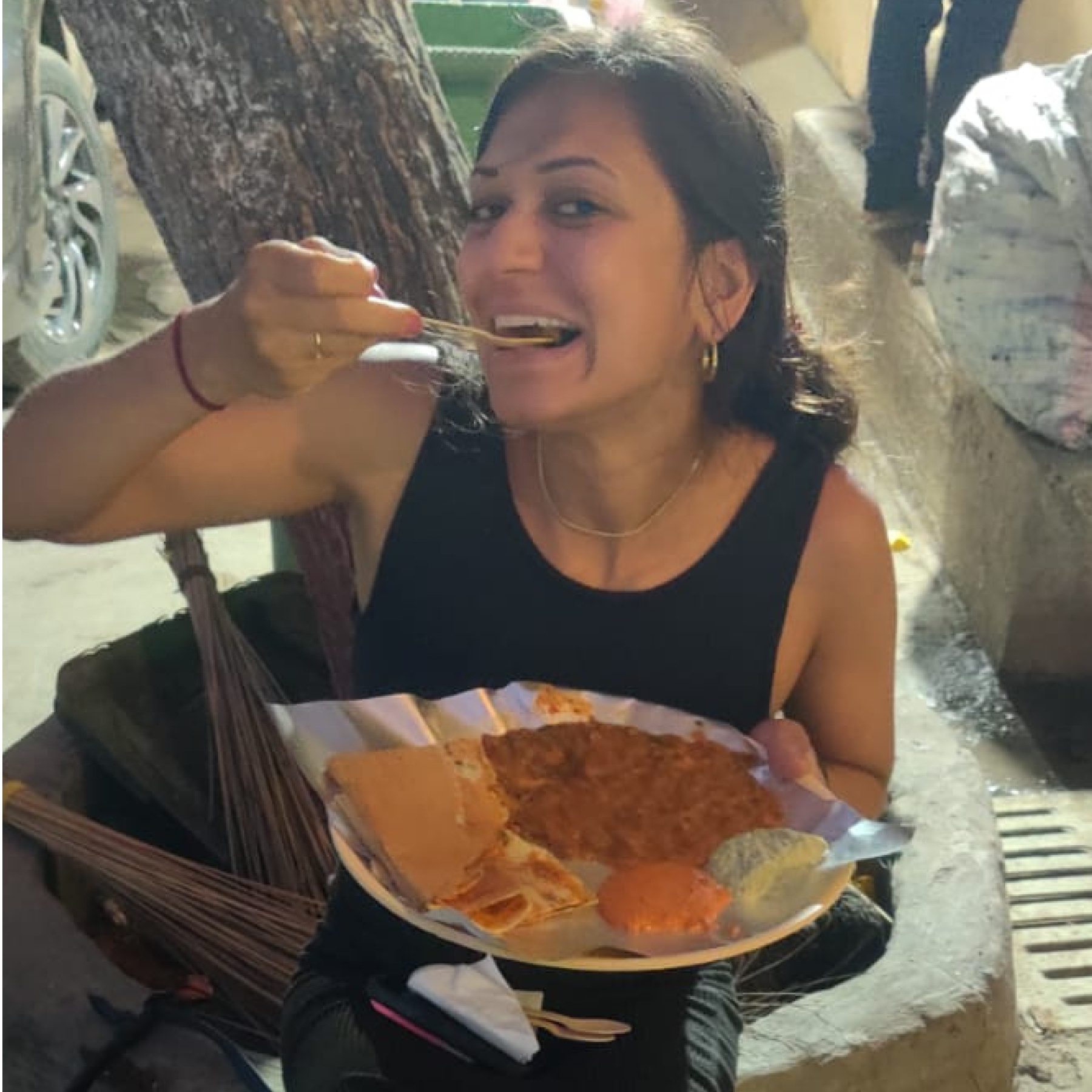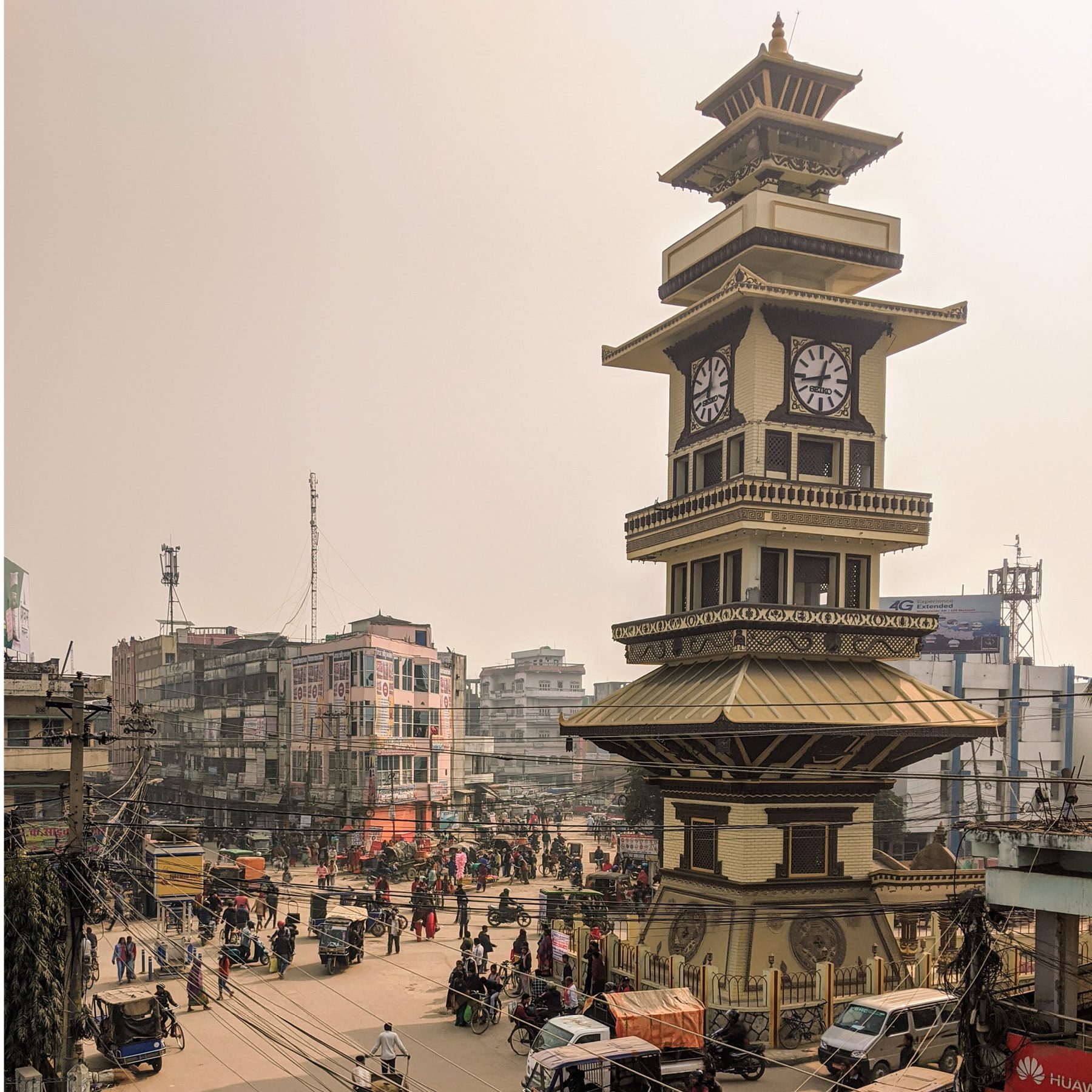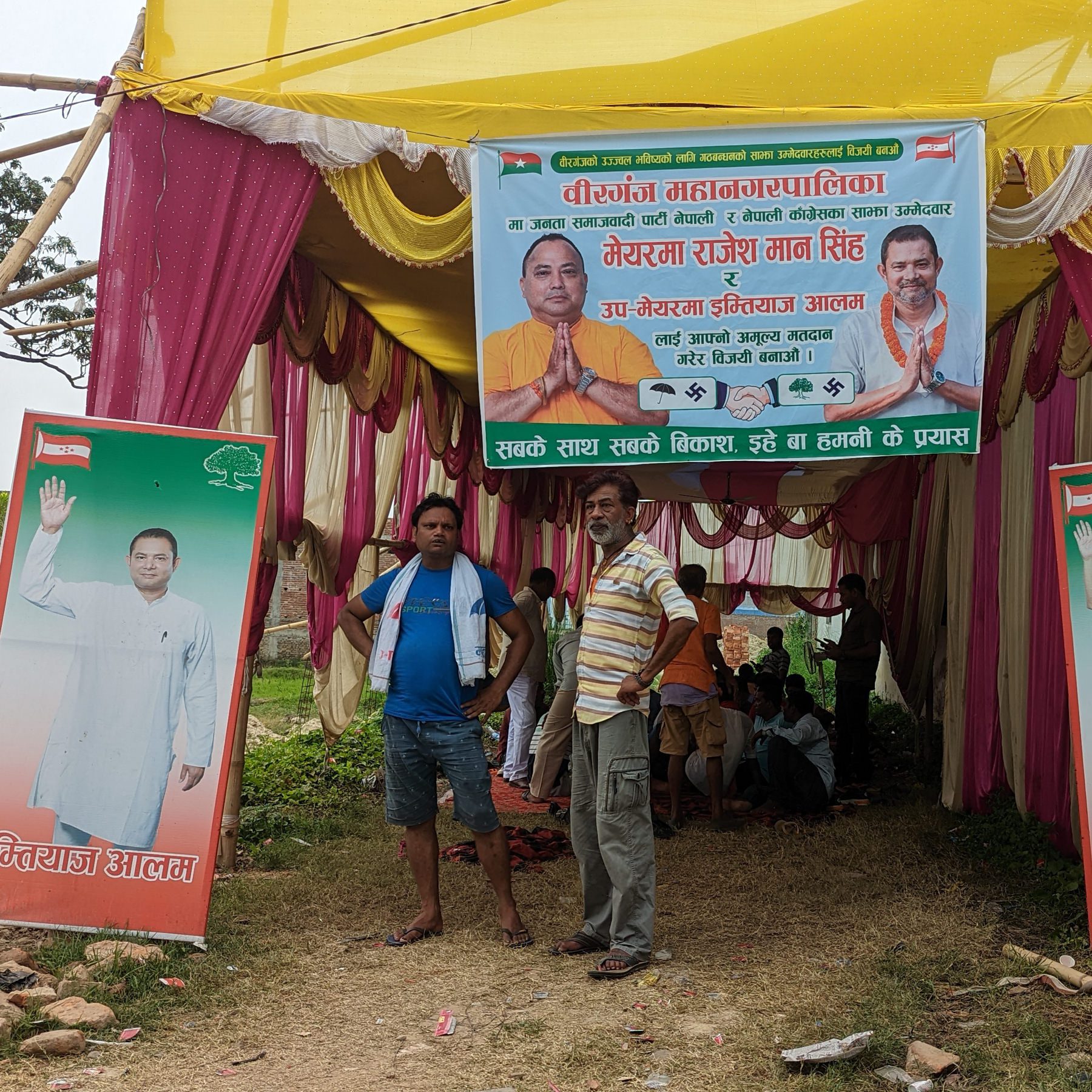After spring semester’s final examinations are through, Harvard students set off to all corners of South Asia to pursue fieldwork, language study, and research projects through the Mittal Institute’s annual Summer Grants program. This year LMSAI awarded approximately a dozen grants to students whose projects range from studying migration in Sri Lanka to democracy in Nepal. Here are a few of their stories – for more accounts, stay tuned to our Twitter and Instagram.
Applications for Summer 2023 funding will go live this winter, with a submission deadline of February 2023.

Arshaya Sood, Harvard Graduate School of Design
Master of Urban Planning + Master of Design Studies in Urbanism, Landscape, and Ecology, 2023
Internship grant to work with the World Resources Institute in Mumbai, India
“I arrived in Mumbai a week ago. It has been such an adventurous journey… First off, I am loving the work I have been doing for World Resources Institute (WRI). This summer at WRI, I am focusing on bridging the gap between government and community member needs. Currently, I am working on climate change awareness and greening efforts in Cheeta Camp, a resettlement colony in East Bombay. The community is in dire need of open green spaces, so WRI is working to plant new trees that improve stormwater runoff, decrease the heat-island effect, and act as an education tool for the community on climate change. My team consists of four brilliant women (girl power)!
Each day is different at work, some days are spent in the colonial part of South Bombay (filled with Indo-Saracenic architecture) at the BMC [Brihanmumbai Municipal Corporation] office. Sometimes we meet on-site, as we did today at Cheeta Camp. On-site, we get to talk with community members about what they envision for the future of their neighborhood. Some days are spent in the office. These are fun because at lunch time we will put our tiffins at the center of the table and share ALL our food!! This is one of the things I love about India, the constant feeling of community. Any setting–at home, in the office, at restaurants–we are showing love with sharing food. It is a heartwarming experience, and I am so grateful to be here in Bombay for the next nine weeks!
Below are some photos of the work we are doing with the community members at WRI. The dirt field will turn into a cricket field! Also featured is street food from Juhu…Pav Bhaji DOSA (marrying North and South Indian food) and an image of me enjoying it! Then there are just some images of informal settlements and the infamous rickshaws.
Greetings from Bombay, see you later!”
Written on June 17, 2022
Arshaya Sood is interning at the World Resources Institute office in Mumbai, India for 8 weeks in the Urban Development Department within the Ross Center for Sustainable Cities from June 13th-August 5th. She will be assisting with urban planning and urban development efforts on the Mumbai Climate Action Plans Urban Greening & Biodiversity action track under Cities4Forests initiative. This project will work with city and state governments and the community to improve greening efforts within underserved areas of Mumbai.

The infamous rickshaws.

This dirt field will turn into a cricket field!

Street food from Juhu…Pav Bhaji DOSA (marrying North and South Indian food) and an image of me enjoying it!

Kristen Zipperer, Doctor of Philosophy, 2022
The Politics of Purity: Democratic Transformation in Nepal’s Southern Borderland
Research grant for Nepal
“It’s been great to be in Birgunj to watch the local elections! They seem similar and yet so different from our own. In the days leading up to voting day, candidates spend the mornings and evenings doing “door-to-door campaigns,” which involve walking around with a group of people from their party and knocking on people’s doors and asking for their vote. The people who answer the door always say yes, yes, they will vote for the candidates, even if they have no intention to. The politicians and their cadres also bring along with them the voting ballots, which are big sheets of paper with different symbols on them that correspond to the different political parties. These are the same ballots that will be used on election day, and the politicians explain to the voters where to place the stamp should the voters vote for them and their party.
In addition to election activities, I also participated in the city’s Eid celebration a few weeks back. I accompanied my friend as he went for morning prayers at the Eidgah, a field at the edge of town that is large enough to accomodate a large number of worshippers. After prayers, we went around to the houses of his friends and relatives to receive mithai, or celebratory sweets. After going to a number of houses and being stuffed full with sweets, we returned to my friend’s family home and ate even more. It was an Eid feast, and I was happy to partake in it because it was my first time celebrating Eid.
Lastly, Birgunj is so hot this time of year! People tend to stay inside as much as they can during the main part of the day to escape the worst of the heat. This means that the city is busy in the mornings and evenings, and generally quiet during the day. Recently, residents of Birgunj received a warning to expect “lu” in the coming days. Lu is a hot wind that occurs in parts of North India and southern Nepal during the summer months. It feels like the hot air that blasts on you when you open an oven. I have been taking a cue from the locals and staying inside as much as I can during the extra hot parts of the day.”
Written on June 14, 2022
Kristen Zipperer’s dissertation uses an anthropological approach to tell the story of Nepal’s transformation from Hindu monarchy to federal democratic republic from the perspective of Birgunj, a bustling industrial town located along the country’s southern border with India. She is using the Mittal Institute’s Summer Research Grant to support eight weeks of follow-up research in Birgunj to document the country’s local-level elections, which are scheduled to be held on May 13, 2022.




Nithyani Anandakugan, Harvard College Class of 2023
“Off the Record”: Tracing Stories of Sri Lankan Tamil Migrants to the United States, 1983 – 1995
Research grant for Sri Lanka
“As I began my research on Tamil migration during the Sri Lankan Civil War, I had planned to travel to Sri Lanka to visit archives there. I hoped to learn more about the Civil War and the experiences that Tamil migrants encountered as they attempted to leave the country and find better lives elsewhere. Yet, as Sri Lanka became increasingly unstable both politically and economically over the past few months, this research trip became less feasible. Still, determined to dedicate my thesis research to the stories of Sri Lankan Tamil migrants, I adapted my project.
I searched the internet for relevant stories and materials, and eventually, I stumbled upon a story about two lifeboats of Sri Lankan Tamil migrants that arrived off the coast of Newfoundland, Canada in August 1986. The newspaper articles I found reporting on the original event raised questions about how exactly the two boats had gotten to Canada and where exactly they came from. Indeed, the arrival of these migrants off the coast of Newfoundland was shrouded in a bit of mystery. Later this summer, I will be visiting the Library and Archives Canada (LAC) and the Memorial University of Newfoundland (MUN) Library to unravel these mysteries for myself through old newspaper clippings and government documents.
Already, this project has taught me lessons in adaptability and independence. I’m also excited to be able to visit the archives in-person this summer as the pandemic has made travel and in-person research difficult over the past few years.”
Written on June 27, 2022
Nithyani Anandakugan’s thesis will use oral history interviews and archival research to unpack the experiences of Sri Lankan Tamils who migrated to the United States during the country’s civil war in the 1980s and 90s. It will reconcile the stories in the official record with those hidden in the migrants’ memories. This project will memorialize the experiences of these migrants, thereby preventing their erasure from the historical record. It will also offer insight into the condition of the global migration system.
